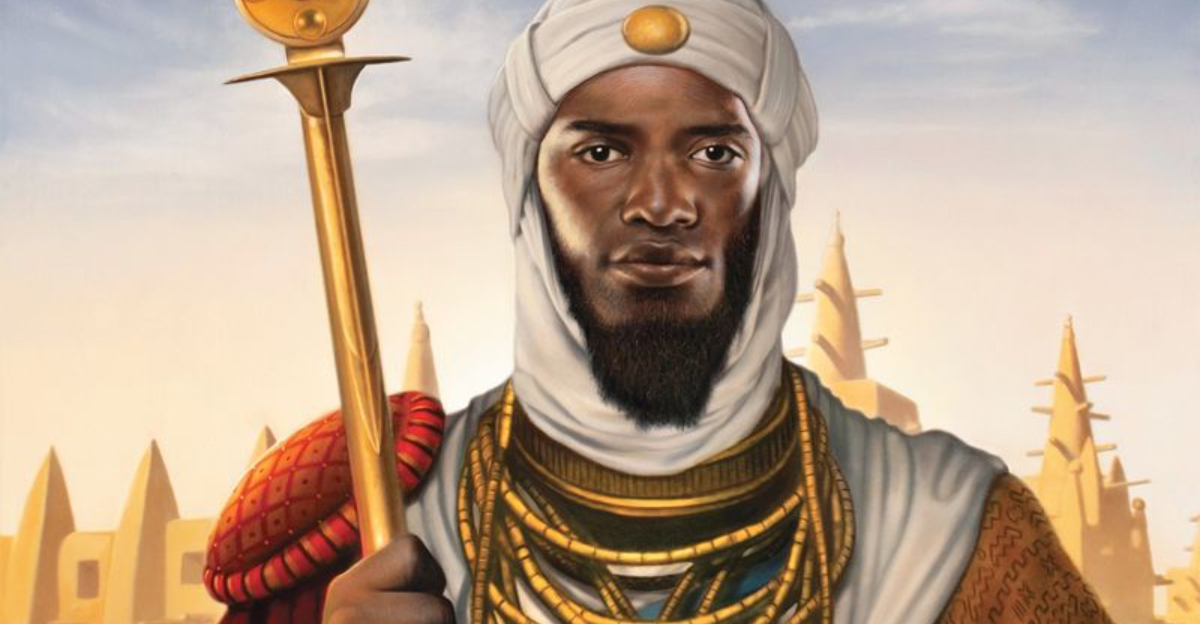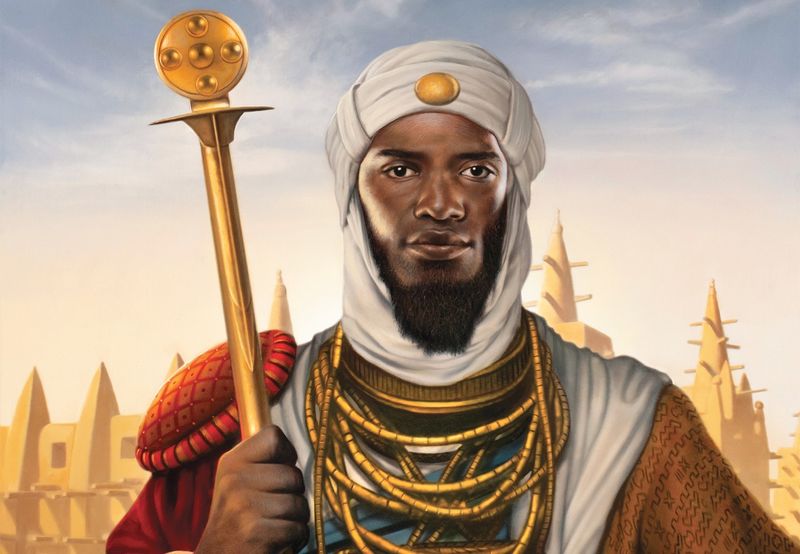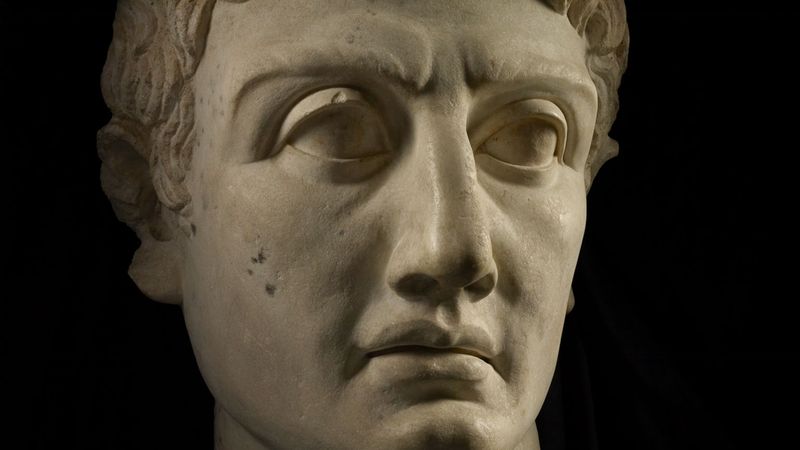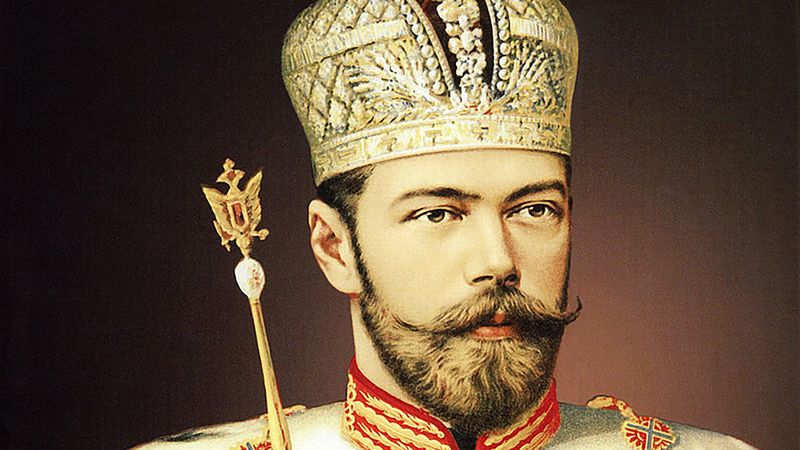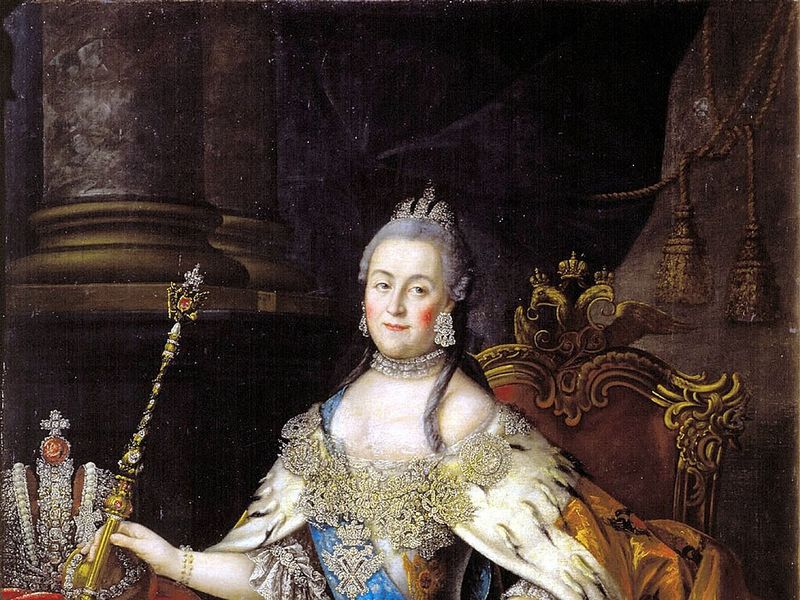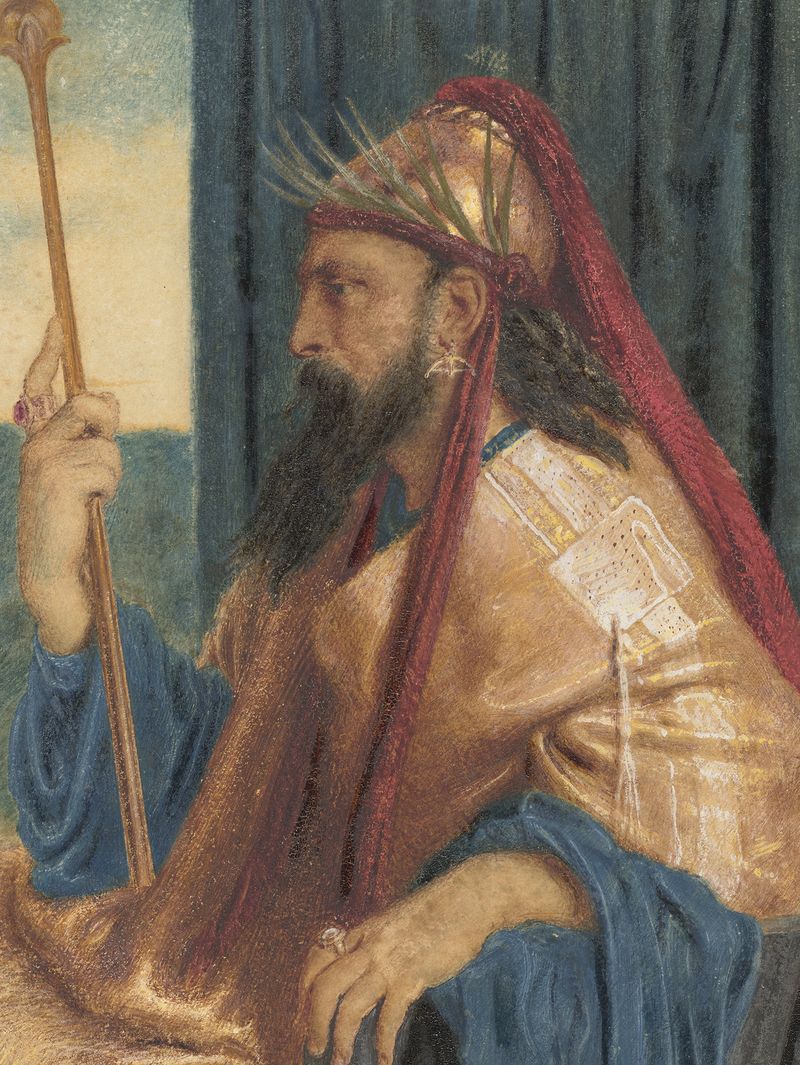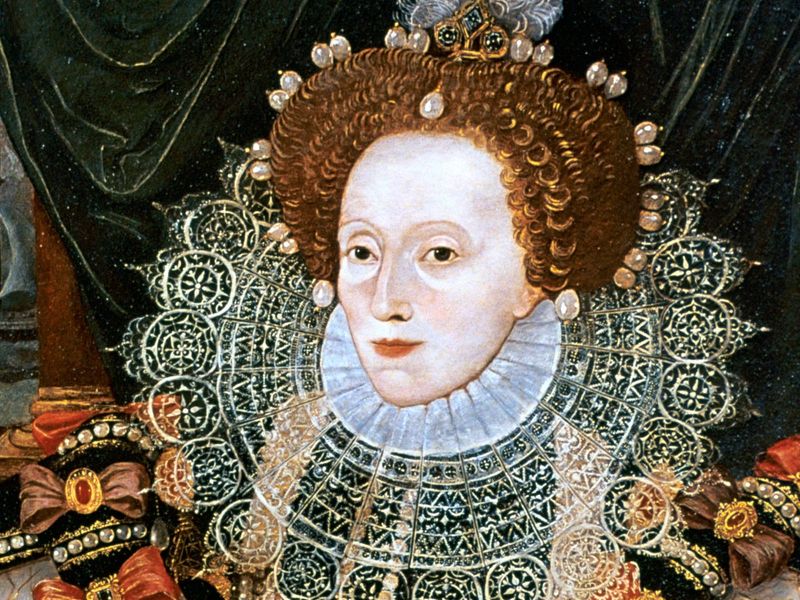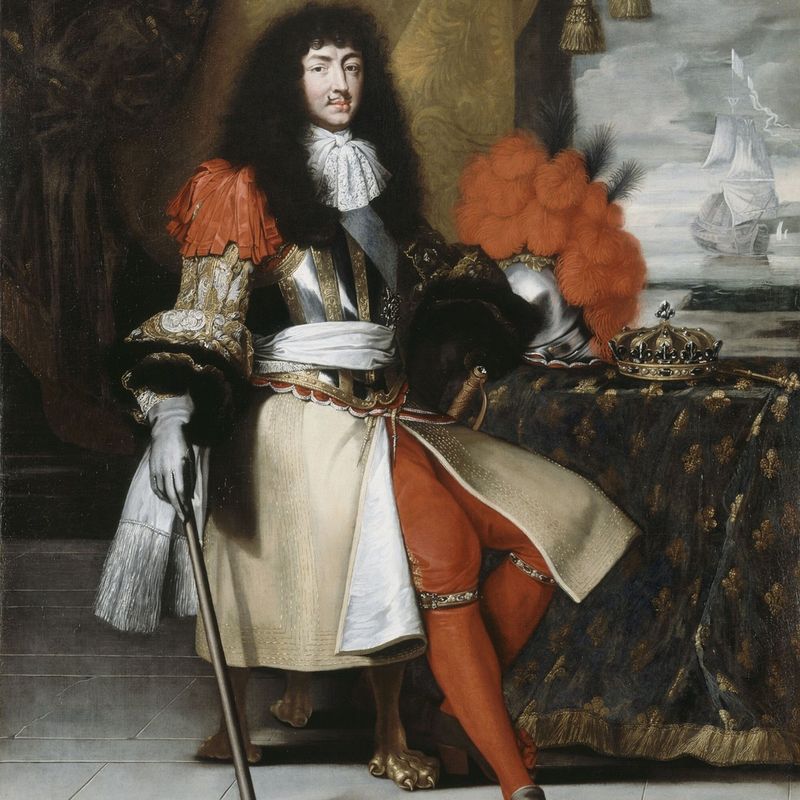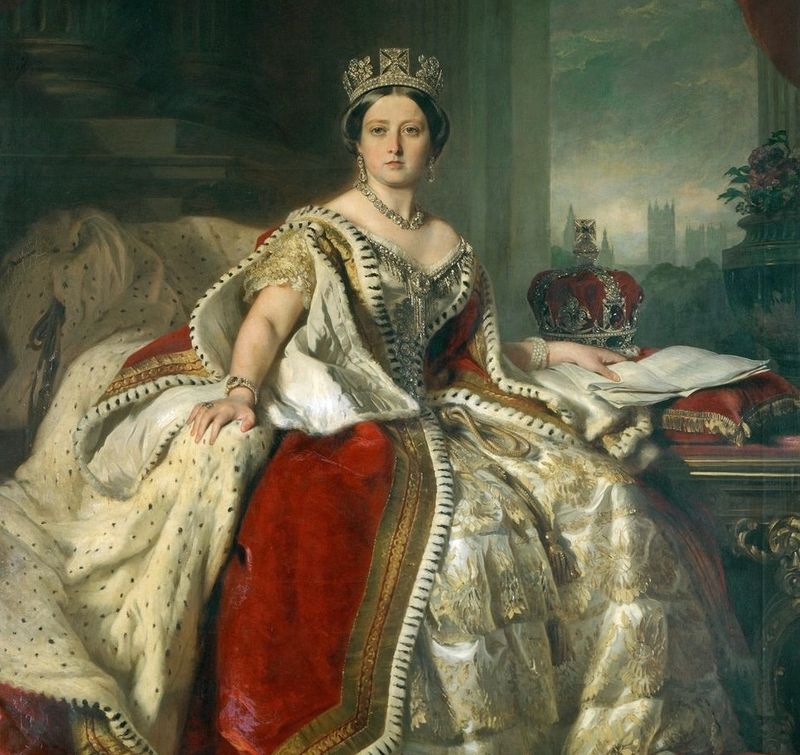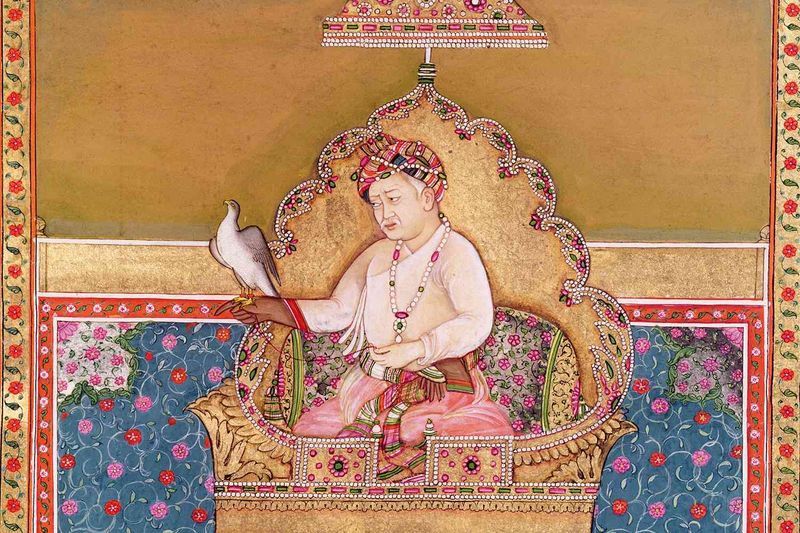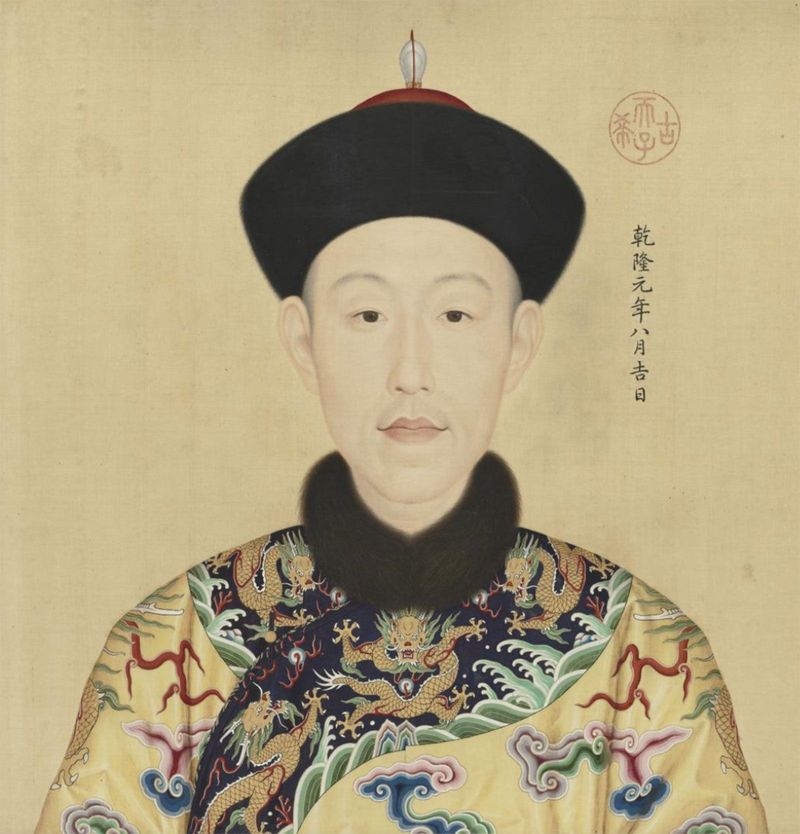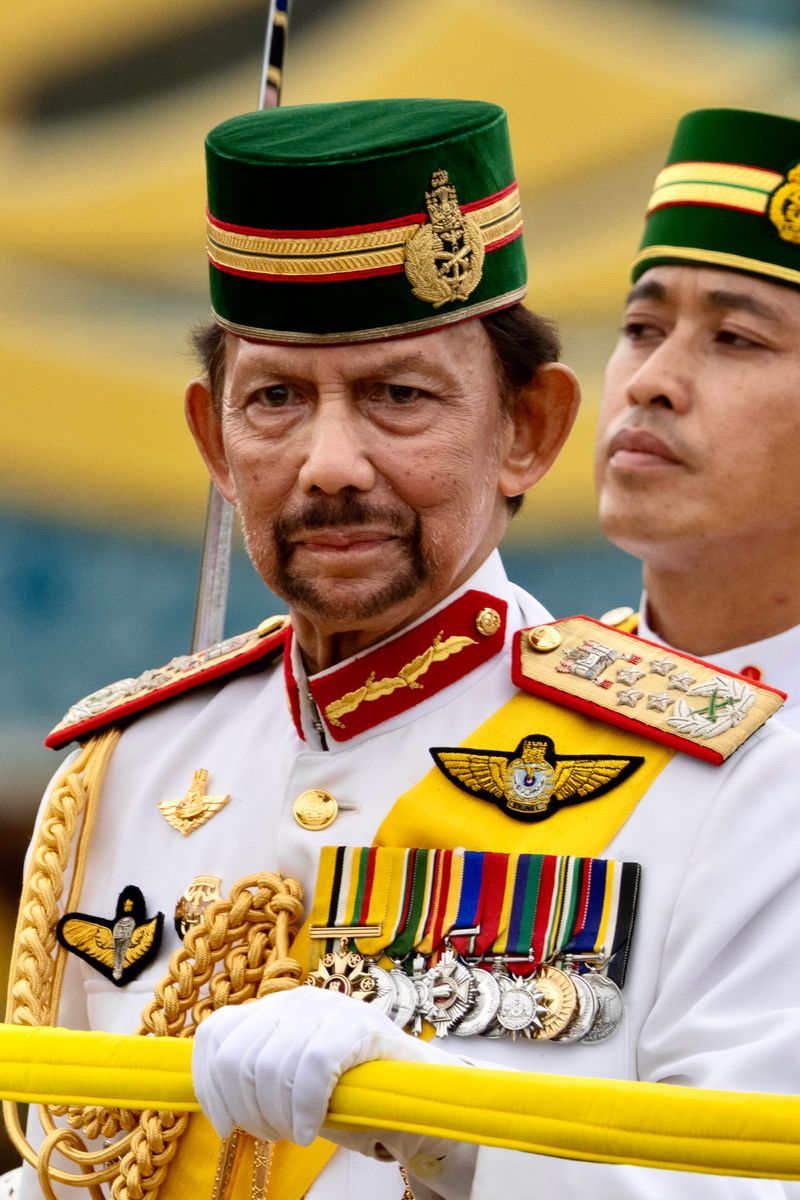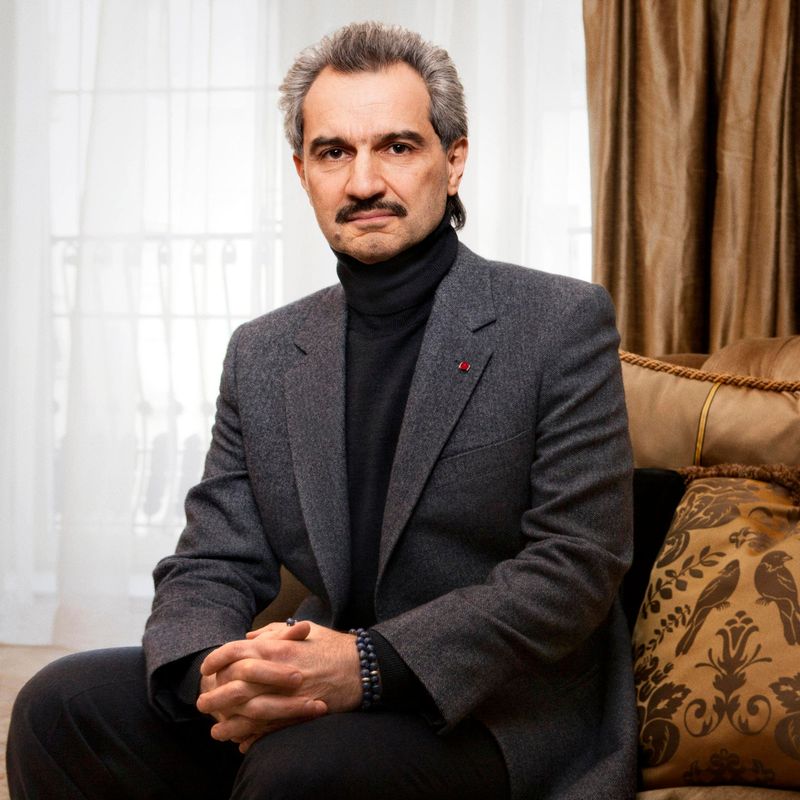Throughout history, royals have been known for their immense wealth and opulent lifestyles. This blog post explores the richest royals of all time, delving into their fortunes and legacies.
From ancient emperors to modern-day monarchs, these figures have reigned not only in their kingdoms but also in the wealth they amassed.
Discover how they accumulated such riches and how their wealth was used to influence the world around them. Join us on this fascinating journey through time and riches.
1. King Mansa Musa
Estimated Wealth: Over $400 billion (adjusted for inflation)
King Mansa Musa, the 14th-century ruler of the Mali Empire, is widely regarded as the wealthiest individual in history. His empire was rich in gold, and his legendary pilgrimage to Mecca showcased both his immense wealth and his devotion to Islam.
Mansa Musa’s generosity during his journey was so extravagant that it reportedly caused a drop in gold prices in the regions he visited.
His wealth was not only material but also instrumental in advancing cultural and economic development across West Africa.
2. Emperor Augustus Caesar
Estimated Wealth: $4.6 trillion (in today’s terms, accounting for control over the Roman Empire’s GDP)
Augustus Caesar, the first emperor of Rome, controlled vast resources during the height of the Roman Empire. His personal wealth, derived from the empire’s riches, was unparalleled for his time.
As a shrewd leader, Augustus used his fortune to fund monumental architecture, public works, and military campaigns, solidifying his legacy as both a political and economic powerhouse.
While much of his wealth was tied to the prosperity of the empire, his influence and affluence remain unmatched in ancient history.
3. Tsar Nicholas II
Estimated Wealth: $300 billion (adjusted for inflation)
Tsar Nicholas II, the last emperor of Russia, presided over a vast empire with immense resources. His wealth included palaces, jewels, and art collections, much of which were tied to the state rather than his personal fortune.
Despite his opulent lifestyle, Nicholas’s reign was marked by political turmoil that ultimately led to the collapse of the Russian monarchy. His wealth symbolizes the grandeur of the Romanov dynasty, as well as its dramatic and tragic end.
4. Catherine the Great
Estimated Wealth: $1.5 trillion (relative to her empire’s economic output)
Catherine the Great, Empress of Russia, was a powerful ruler whose wealth enabled her to transform Russia into a cultural and political powerhouse.
Her fortune supported the arts, education, and major architectural projects, leaving an enduring legacy of enrichment.
Catherine’s wealth was a tool for influence, cementing her role as one of the most impactful monarchs of her time. She remains a symbol of Russia’s golden age under her reign.
5. King Solomon
Estimated Wealth: $2.1 trillion (as described in historical and religious texts)
King Solomon of ancient Israel is renowned for his wisdom and wealth, though much of his fortune is legendary and symbolic.
His reign was marked by grand building projects, including the iconic Temple in Jerusalem, and prosperity derived from trade and tributes.
While the exact scale of his wealth is debated, Solomon’s legacy is defined by his governance and cultural contributions, making him one of history’s most fascinating royal figures.
6. Queen Elizabeth I
Estimated Wealth: $200 million (adjusted for inflation, primarily symbolic wealth)
Queen Elizabeth I ruled during a golden age of English history, marked by cultural flourishing and the expansion of trade. While her court was known for its grandeur, much of her wealth was symbolic of England’s growing global power.
Elizabeth managed her kingdom’s finances astutely, reinforcing her status as a formidable ruler. Her legacy of cultural and economic prosperity continues to define her reign.
7. Louis XIV of France
Estimated Wealth: $250 billion (adjusted for inflation)
Louis XIV, the Sun King, epitomized royal extravagance. His wealth, derived from a strong centralized state and economic reforms, funded the creation of the lavish Palace of Versailles.
However, his opulence came at a cost—his reign left France heavily in debt, showcasing the double-edged nature of royal riches. Louis’s legacy is a mix of cultural achievement and economic challenges.
8. Queen Victoria
Estimated Wealth: $500 million (adjusted for inflation, largely symbolic wealth)
Queen Victoria presided over the British Empire at the height of its power and wealth. Her personal fortune was modest compared to the vast resources of the empire, but her symbolic wealth represented Britain’s global dominance.
Victoria’s era of industrial progress and colonial expansion cemented her legacy as a figurehead of prosperity and modernization.
9. Akbar the Great
Estimated Wealth: $21 trillion (adjusted for inflation, considering the Mughal Empire’s GDP at its peak)
Akbar the Great, the third Mughal emperor, was a masterful leader who presided over an era of economic and cultural prosperity. His wealth was derived from efficient administration, trade, and territorial expansion.
Akbar’s court was a hub of art and culture, reflecting his commitment to diversity and innovation. His legacy as a ruler of immense wealth and vision endures in history.
10. Emperor Qianlong
Estimated Wealth: $370 billion (adjusted for inflation)
Emperor Qianlong of the Qing dynasty ruled over one of China’s most prosperous periods. His wealth funded grand projects, extensive art collections, and the stability of his empire.
While his personal fortune was significant, Qianlong’s true legacy lies in the cultural and economic advancements achieved during his reign.
11. Sultan Hassanal Bolkiah
Estimated Wealth: $30 billion (modern-day estimate)
Sultan Hassanal Bolkiah of Brunei is one of the wealthiest royals alive today, thanks to his nation’s abundant oil and gas reserves. His opulent lifestyle includes a palace and a collection of luxury vehicles.
Beyond his wealth, the Sultan plays a key role in Brunei’s governance, making his fortune a reflection of the country’s economic success.
12. Prince Alwaleed Bin Talal
Estimated Wealth: $16 billion (modern-day estimate)
Prince Alwaleed Bin Talal of Saudi Arabia is a modern royal whose wealth stems from investments and global business ventures. His portfolio includes luxury properties and international holdings.
In addition to his financial success, Prince Alwaleed is a noted philanthropist, using his wealth to fund charitable projects worldwide. His influence extends beyond royal circles into global finance and humanitarian effor
